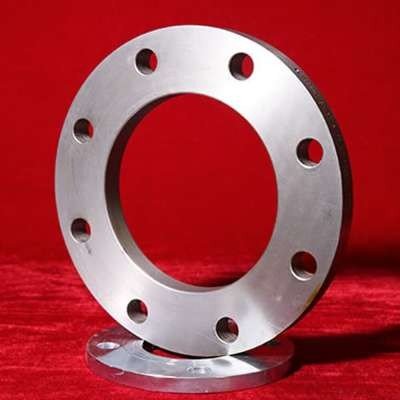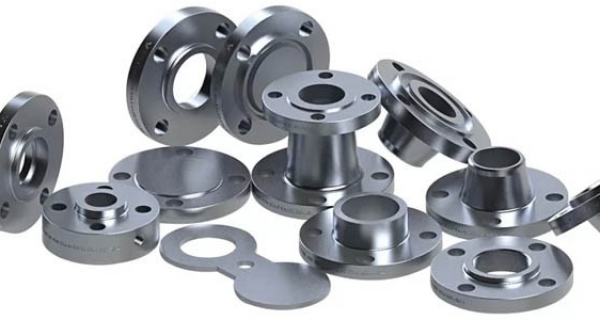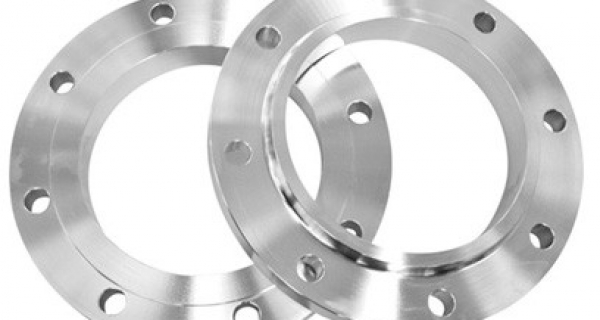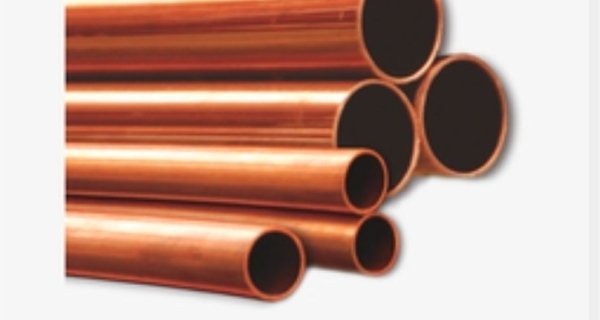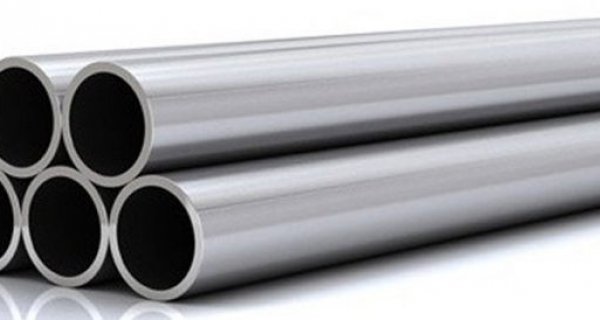Choosing Fasteners for Valve Applications
Fastener manufacturer in United States America. Caliber Enterprises / Caliber Fastener are high-quality bolt, screws, nut, threaded rod fasteners exporters in United States. Bolt Fasteners in United States, Nut Fasteners in United States, Screw Fasteners in United States
Publié 6 années depuis dans Les magazines, actualisé 6 années depuis.
Choosing Fasteners for Valve Applications
In this blog by fasteners manufacturer in United States, choosing fasteners with the right strength you need is the calm part. Harder, however, is searching the corrosion resistance you are looking for. Strong materials are essential. How resistant they need to be can depend on the environmental pressure that will be applied to them. To resist corrosion cracking, the highest level of resistance must be provided, even if slight corrosion cracking ends up occurring. So, the question remains, how to choose the right fastener?
Stress Corrosion Cracking
Notable types of stress corrosion cracking:
· Liquid metal embrittlement
· Caustic embrittlement
· Hydrogen sulfide HSSC
· Chloride SCC
Adequate common corrosion resistance is offered by austenitic stainless-steel fasteners. On the other hand, a problem may be presented by chloride SCC. If you believe that chloride SCC is going to be a problematic, you must cautiously analyze the circumstances under which they will be used.
In many plants, halogens & chlorides could be present. For some austenitic stainless steels, they can be a catalyst. Seacoast plants, for example, present an atmosphere where chlorides are present. Stainless steel fasteners are demanded by many plants that involve marine atmospheres due to carbon steels’ corrosiveness. Inappropriately, due to chloride SCC, this can end up meaning serious failure. Buy fasteners for valve applications from fasteners dealers in United States.
To reduce normal corrosion susceptibility, different type of protective coating is generally used on alloy steel fasteners. This can include cadmium or zinc plating. Once again, though, LME (liquid metal embrittlement), SMIE (solid metal induced embrittlement), or some related failure are types of environmental pressure cracking that can result.
Cadmium & Zinc Plating
When carbon steel fasteners need galvanic protection, cadmium & zinc plating are normally used. This offers a generally adequate corrosion rate to steel fasteners. As long as elevated temperatures are not present, this is a suitable practice.
Relatively low melting points are held by zinc & cadmium. Therefore, LME is possible when zinc & cadmium are used above or near their melting points. Similar, but occurring beneath the embrittling metal melting point, is SMIE. Evade using plated fasteners extensively high temperatures are present, to prevent SMIE & LME. To know more about different fasteners, visit fasteners suppliers in United States.
